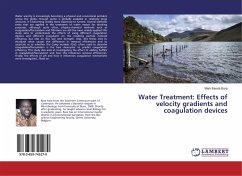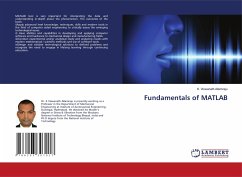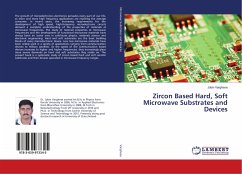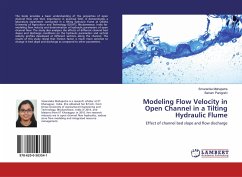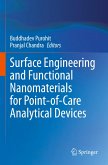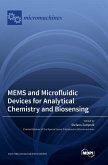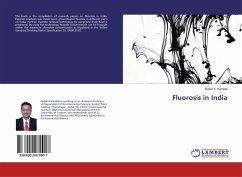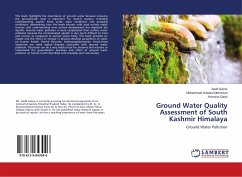Water scarcity is increasingly becoming a physical and economical problem across the globe; though water is globally available in relatively large amounts, it is becoming readily more expensive to harvest. Several methods exists that are applied in the treatment of water meant for drinking purposes, although quite often, physico-chemical methods such as coagulation/flocculation and filtration are still the most widely applied.This study aims to understands the effects of using different coagulation devices and different coagulants on the resulting particle removal efficiency, but also on floc size and strength. Also, this thesis tries to elucidate what causes the difference in removal efficiencies and to ascertain as to whether the Camp number (Gxt), often used to describe coagulation/flocculation is the best descriptor to predict coagulation efficiency. This study also aims at investigating the effect of adding baffles in coagulation/flocculation and how this influences removal efficiencies. Finally, the effects of pH and how it influences coagulation mechanisms were investigated...Read on
Bitte wählen Sie Ihr Anliegen aus.
Rechnungen
Retourenschein anfordern
Bestellstatus
Storno

